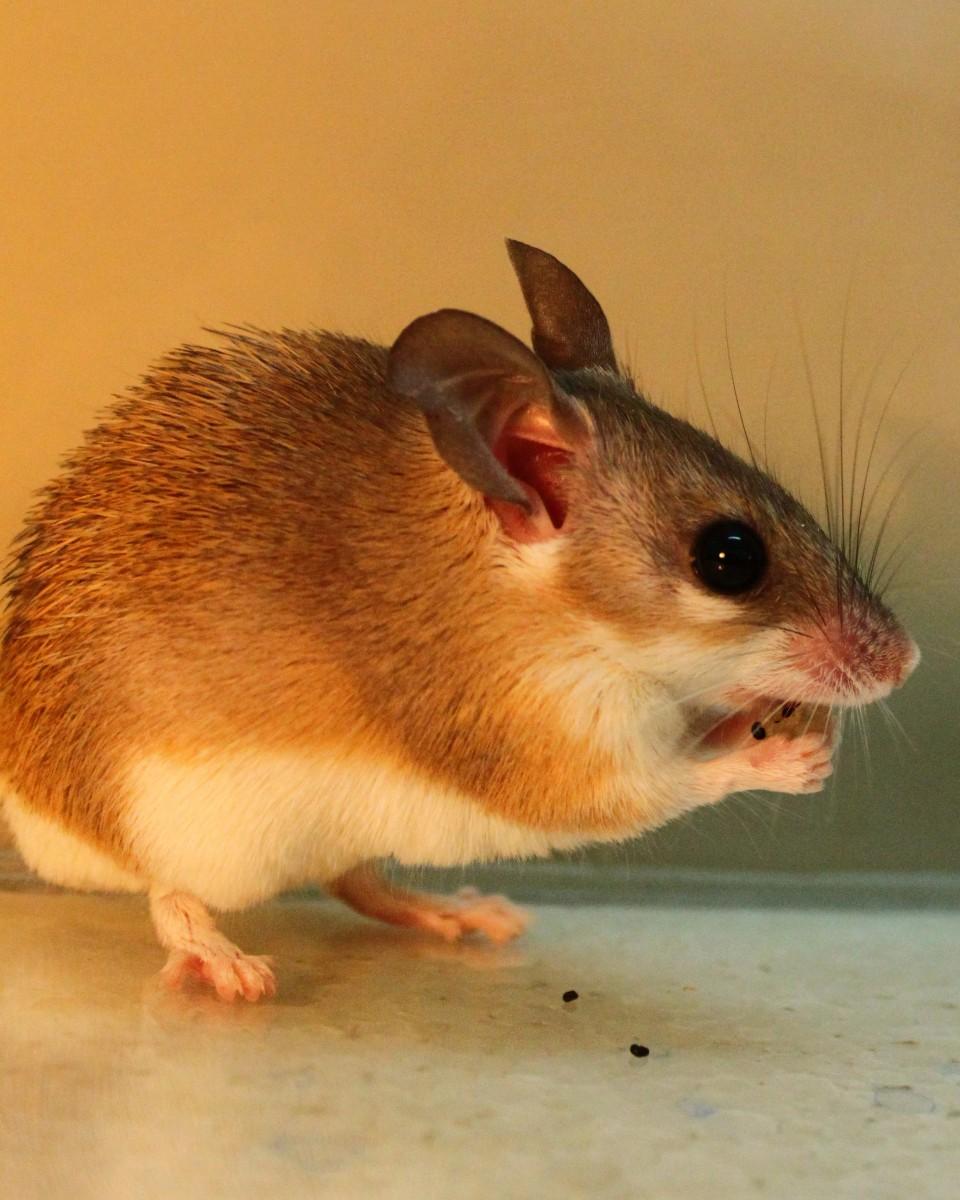[video]www.youtube.com/watch?v=wgKFIYffReY[/video]
The seeds of the taily weed in the Negev Desert contain a mustard bomb that causes the Cairo spiny mouse, Acomys cahirinus, to spit them out while eating the berries.
New U.S.-Israeli research has revealed that the plant, Ochradenus baccatus, benefits from this behavior as the mice avoid eating the seeds, instead aiding dispersal.
“It’s fascinating that these little mice are doing analytical chemistry, assaying the fruit for toxic compounds,” said study co-author Denise Dearing at the University of Utah in a press release.
This spiny-leaved shrub fruits all year round, producing tiny black berries that contain up to 20 seeds.






